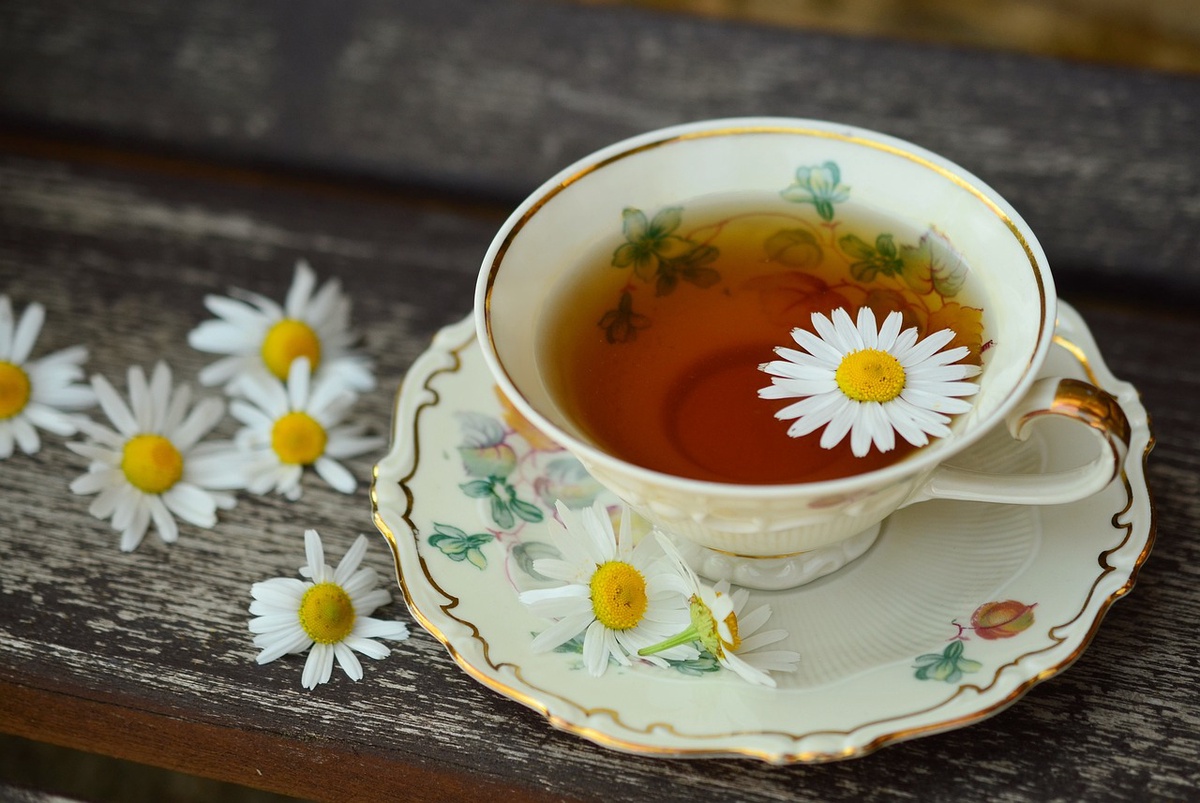Intermittent fasting is popular, and the role of beverages during fasting raises questions. Can tea fit in? This article explores the compatibility of tea with fasting and its potential impact on your fasting journey. Understanding whether tea breaks the fast or offers benefits is crucial for those seeking a balanced approach to fasting. Let's dive into the nuances of drinking tea while fasting and uncover its place in your wellness routine.
What is Intermittent Fasting?
Intermittent fasting involves cycles of eating and fasting, shaping when you consume calories. Fasting periods are crucial for allowing the body to tap into stored energy. These fasting windows range from a few hours to full days, promoting metabolic benefits.
During fasting, avoiding caloric intake is essential to maintain the fasting state. This means that consuming low-calorie or no-calorie foods and beverages is key. While the focus is often on food choices, the role of beverages, like tea, also comes into play. Understanding the impact of tea on fasting goals is important to make informed choices during fasting windows.
How Does Tea Affect Intermittent Fasting?
Tea can have varying effects on intermittent fasting, depending on the type of tea you're consuming and how you're approaching your fasting regimen. Intermittent fasting is an eating pattern that alternates between periods of eating and fasting, and the goal is to help the body burn stored fat for energy during the fasting period. Here's how tea might impact intermittent fasting:
Non-Caloric Teas (Herbal, Green, Black, etc.)
Teas that do not contain any calories, such as herbal teas, green tea, black tea, and many others, are generally considered to have minimal impact on intermittent fasting. These teas are low in calories and usually contain no macronutrients like protein, carbohydrates, or fats. Therefore, they are unlikely to trigger an insulin response or disrupt your fasting state. Drinking non-caloric teas can help keep you hydrated and may provide a sense of satiety during fasting periods.
Zero-Calorie Sweeteners and Additives
Be cautious when adding sweeteners, milk, cream, or other additives to your tea. While these additives might not have many calories on their own, they could potentially break your fast if they trigger an insulin response. Zero-calorie sweeteners, in particular, might still lead to an insulin response in some individuals. It's generally best to consume non-caloric teas without any additives during fasting periods.
Fasting-Friendly Teas
Some teas, like green tea, oolong tea, and herbal teas, have compounds that are believed to offer health benefits and potentially support the effects of intermittent fasting. For instance, green tea contains catechins that could help boost metabolism and fat oxidation. However, the effects of these compounds on fasting results are still being researched, and the impact might not be substantial.
Caffeine Content
Tea, especially green tea and black tea, contains caffeine. Caffeine can have an impact on hunger, metabolism, and energy levels, which might influence how you experience intermittent fasting. Some people find that consuming caffeine can help them manage hunger during fasting periods, while others might be more sensitive to its effects.
Hydration
Staying hydrated is important during fasting periods, and drinking non-caloric teas can help with this. Herbal teas, in particular, can be a good choice for hydration, as they don't contain caffeine and are usually calorie-free.
Individual Variability
It's important to note that individual responses to tea and intermittent fasting can vary. Some people may tolerate tea well during fasting, while others might find that it affects their hunger, energy levels, or fasting results.
Practical Tips for Tea Consumption While Intermittent Fasting
Incorporating tea into your fasting routine requires thoughtful consideration and strategic choices. Here are practical tips to make the most of tea consumption during fasting:
- Timing Matters: Consume tea during fasting periods to avoid disrupting the fasting state. Herbal and non-caloric teas are generally preferred.
- Avoid Additives: Steer clear of adding sweeteners or milk to your tea, as these could introduce calories and potentially break the fast.
- Hydration Support: Herbal teas can contribute to hydration, which is vital during fasting. Stay mindful of your fluid intake.
- Monitor Responses: Pay attention to how different teas affect your energy levels, hunger cues, and overall well-being during fasting.
- Listen to Your Body: Individual responses vary. If you notice adverse effects or discomfort, adjust your tea choices accordingly.
By adhering to these practical tips, you can make tea a harmonious addition to your fasting routine, enhancing your experience while staying aligned with your fasting goals.


No comments yet